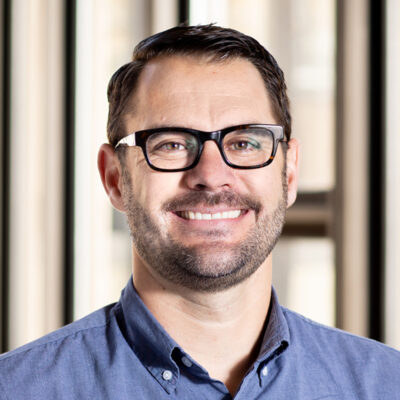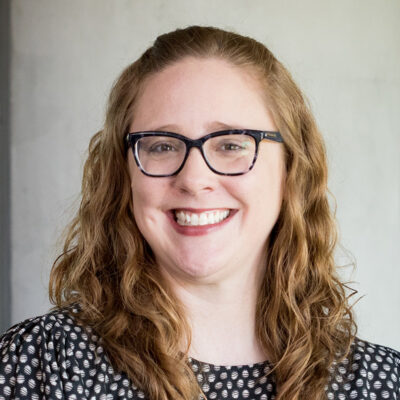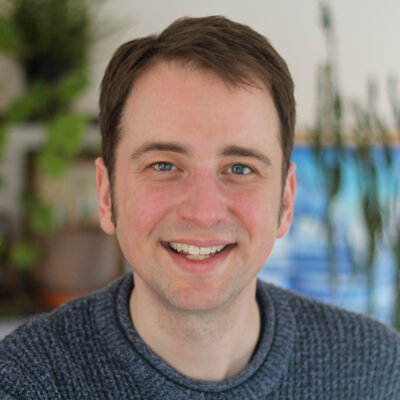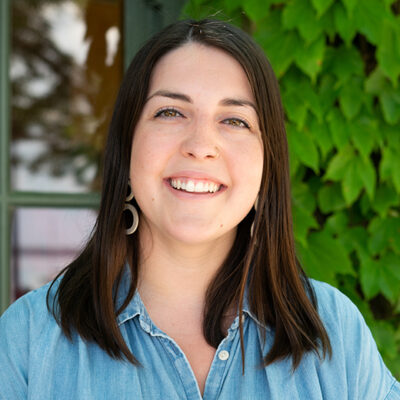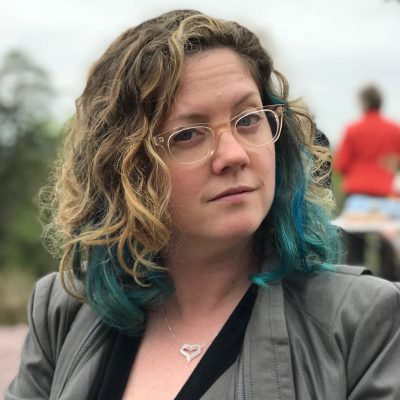 Educators from Wisconsin and beyond are invited to the UW-Madison School of Education (SoE) Early Career Teaching Institute, a one-week, in-person, intensive learning experience for pre-K-12 educators who are SoE alumni. Participants will have at least one year of teaching experience and plan to teach the subsequent school year.
Educators from Wisconsin and beyond are invited to the UW-Madison School of Education (SoE) Early Career Teaching Institute, a one-week, in-person, intensive learning experience for pre-K-12 educators who are SoE alumni. Participants will have at least one year of teaching experience and plan to teach the subsequent school year.
The four-day institute invites educators to gather as a collaborative community committed to advancing justice in the classroom, deepening content knowledge, improving instruction, and sharing habits and practices for thriving in the teaching profession.
Participants receive:
- A $500 stipend for participation
- Small-group engagement with educators in similar roles and subject areas. These interactive workshop strands are led by UW faculty/staff experts and provide opportunities for in-depth exploration and application to participants’ contexts.
- Whole-group learning experiences, such as writing and reflection exercises, keynote speakers, and engagement around approaches to sustainable teaching.
- Whole-group meals and social events. These gatherings provide participants and instructors with opportunities to connect within and across content areas and geographic regions.
- Opportunities for optional academic-year virtual programming
- The opportunity to receive a UW-Madison School of Education Certificate of Participation upon successful completion of all required components of the institute.
When and Where:
July 29 – August 1, 2024 | Madison, WI
Program Fee (non-refundable): $50*
Registration for this program is closed.
*The Early Career Teaching Institute (ECTI) is hosted by the UW–Madison School of Education Mary T. Kellner Teacher Education Center and office of Professional Learning and Community Education (PLACE). This event is made possible by the generosity of Mary T. and Ted D. Kellner and Propel. The cooperating teacher component of this year’s event is made possible by the generosity of Mrs. Christine L. Lodewick and Mr. Philip H. Lodewick. The math education strand of this year’s event is made possible by the Peggy Porter Glick Fund.
Schedule
ECTI 2023
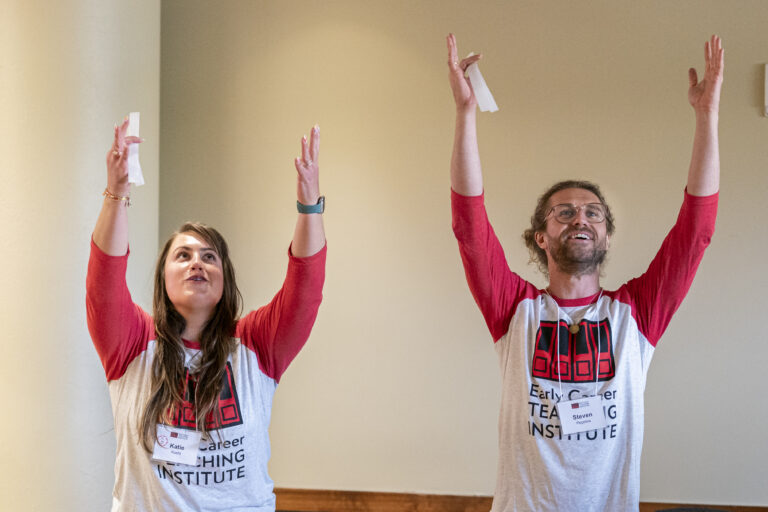
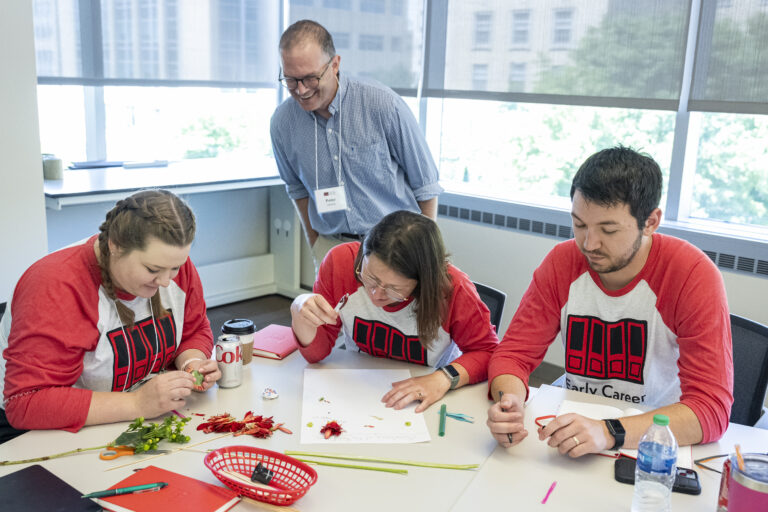
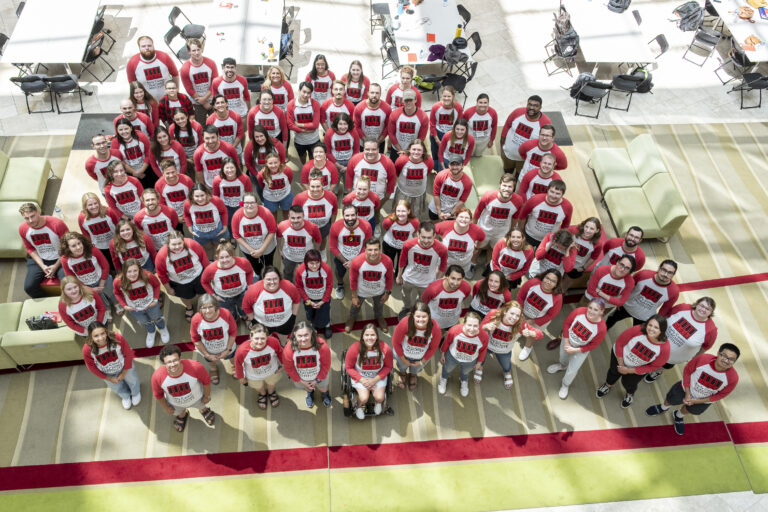
This is an accordion element with a series of buttons that open and close related content panels.

